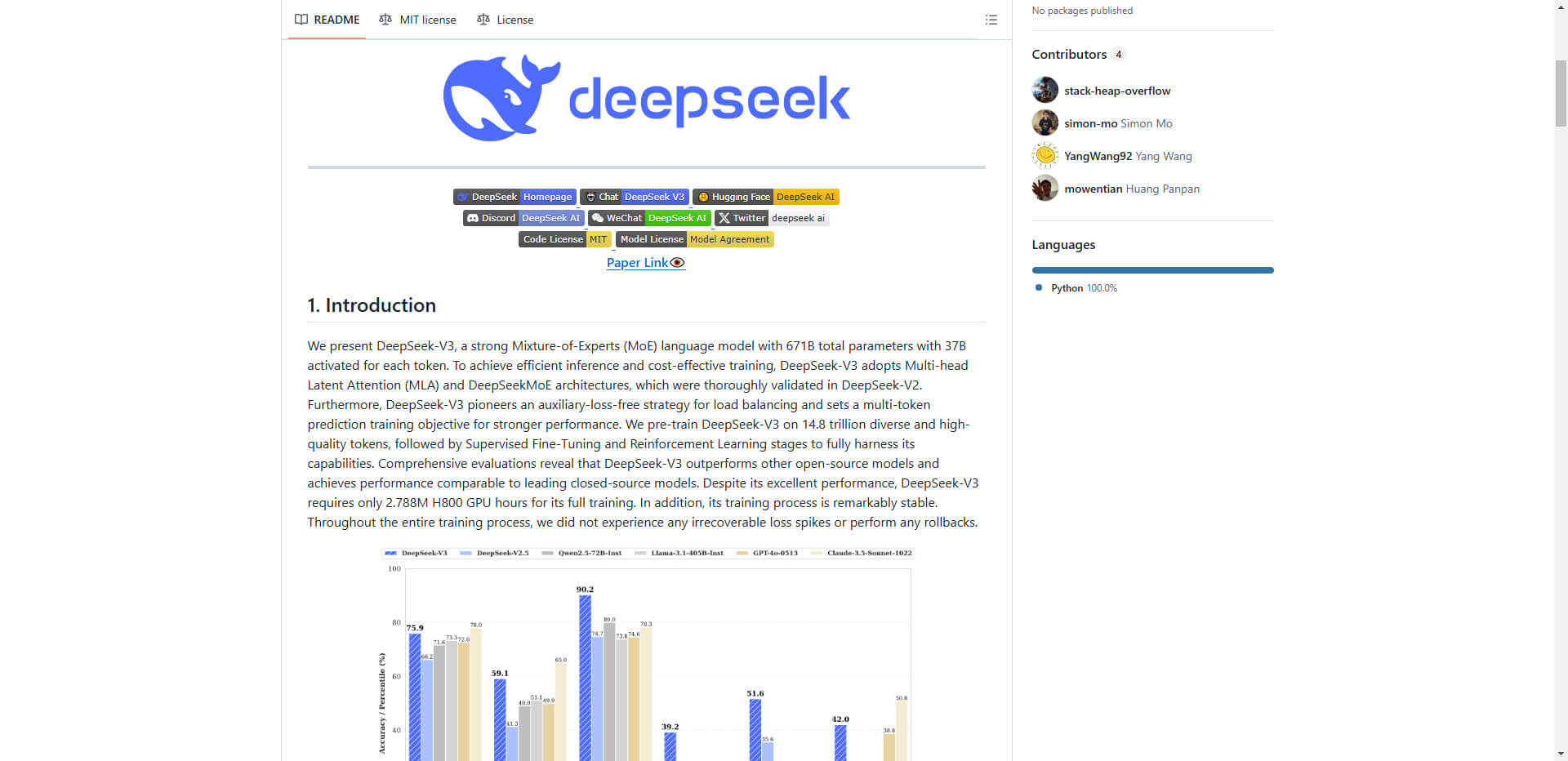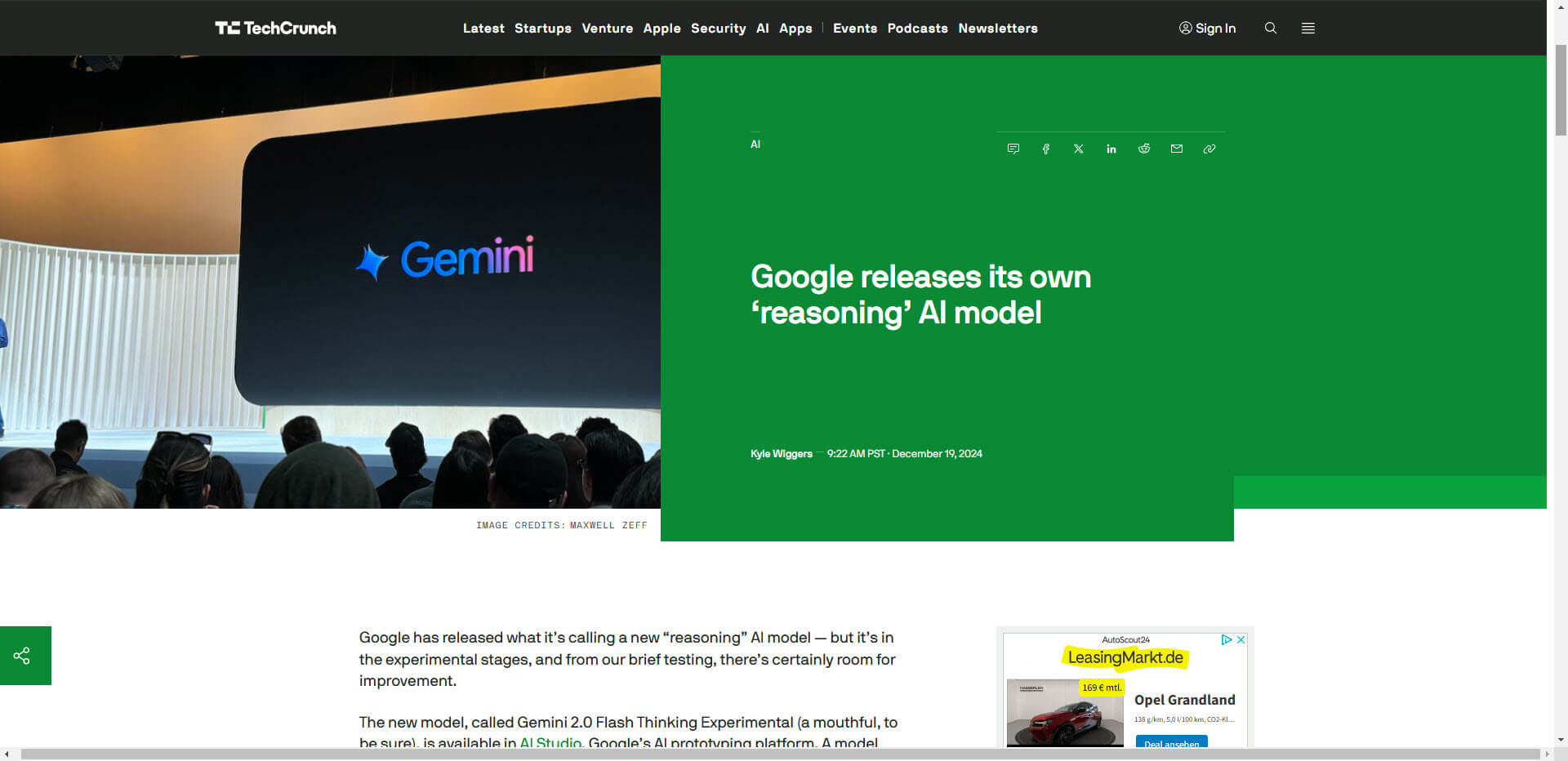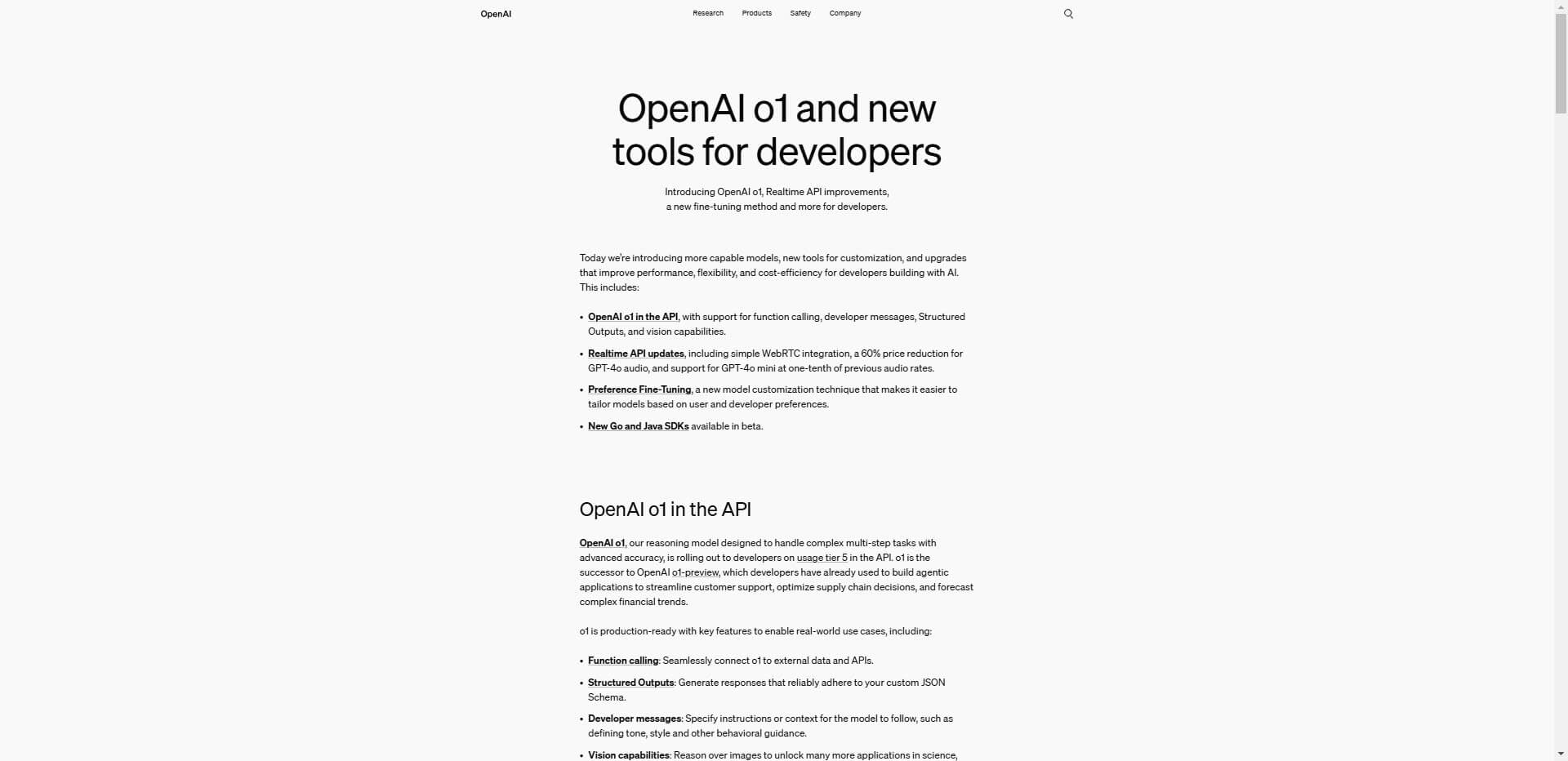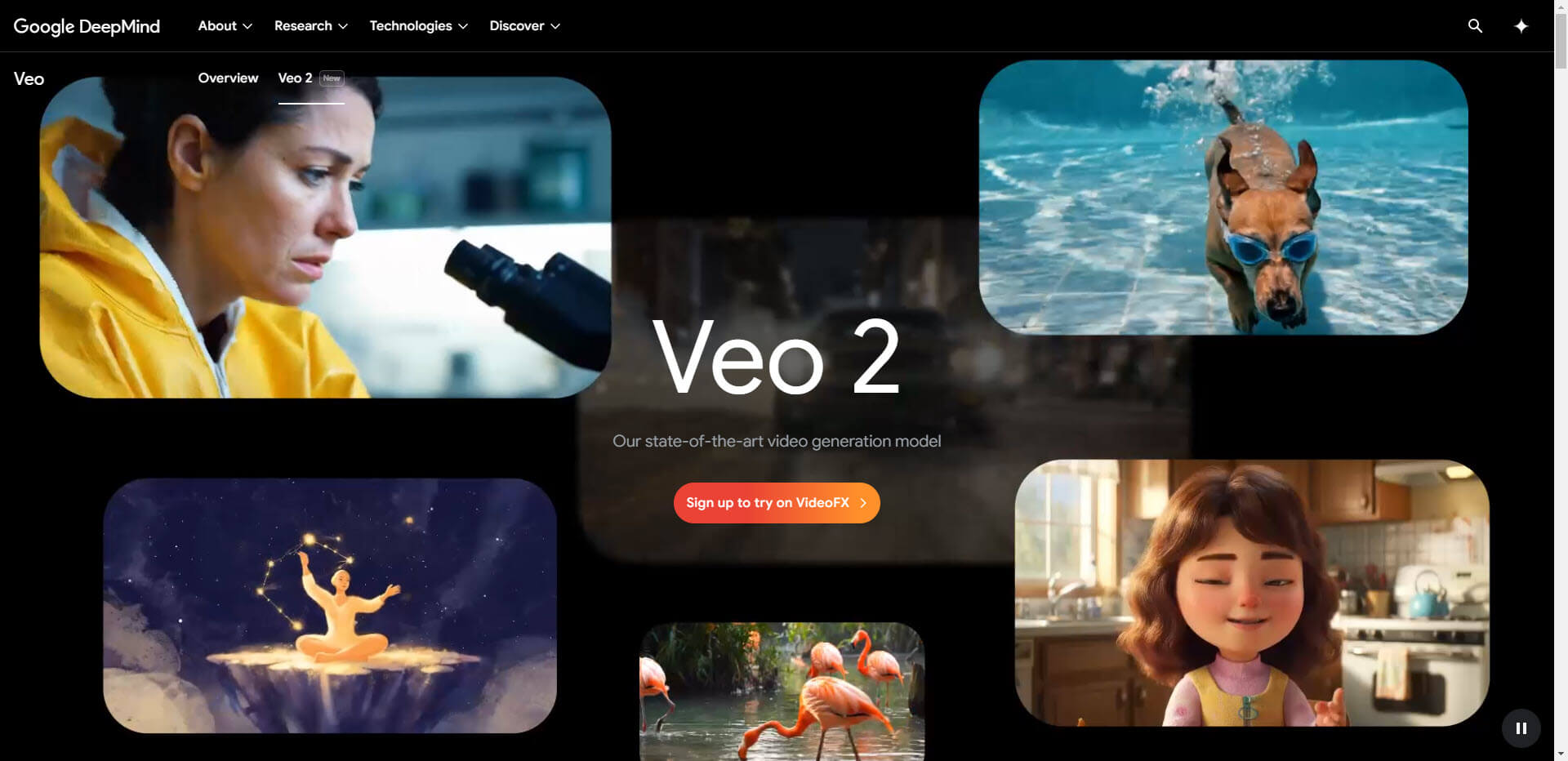Generative AI Agents are revolutionizing the way large language models (LLMs) interact with the world around them. These autonomous programs not only generate text but also access and utilize external tools (APIs, databases, etc.) to perform tasks. In this blog post, we’ll break down the key concepts behind Generative AI Agents, explore how their architecture is structured, and highlight their immense potential for real-world applications.
AI
DeepSeek V3: How Advanced AI is Transforming the Future of Search
As data continues to grow at an exponential rate, organizations and developers alike need cutting-edge solutions to streamline information retrieval. Enter DeepSeek V3, an open-source AI project from deepseek-ai that’s redefining search capabilities with advanced semantic understanding, efficient performance, and robust extensibility. In this post, we’ll unpack the key features of DeepSeek V3, show you how it addresses common search challenges, and share tips on leveraging its capabilities for your projects.
Google’s Reasoning AI Model Signals a New Era of Thoughtful Computing
As artificial intelligence evolves, it’s no longer just about rapid response times and large-scale data processing. The latest milestone, featured in TechCrunch’s report on December 19, 2024, spotlights Google’s new reasoning AI model—a system designed to “think” before answering. This innovation marks a major shift from generative text completion toward a more interpretive, transparent, and human-like approach to problem-solving.
OpenAI o1 & New Developer Tools: Unlocking Next-Gen AI Performance
As AI technology continues to evolve, developers need tools that offer greater accuracy, lower latency, and richer customization options. Enter OpenAI o1, the next-generation reasoning model, along with improved Realtime API features, Preference Fine-Tuning, and official Go and Java SDKs. In this post, we’ll explore how these innovations are empowering developers to build more intelligent, efficient, and cost-effective AI-driven applications.






